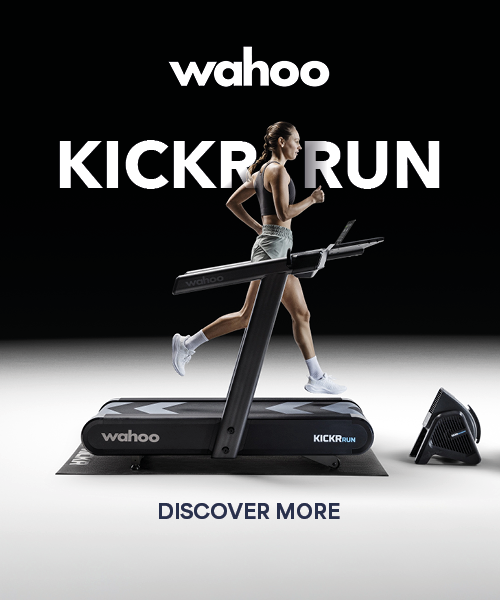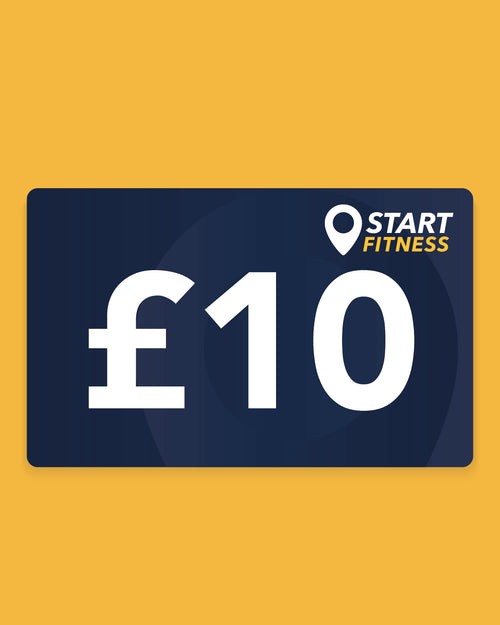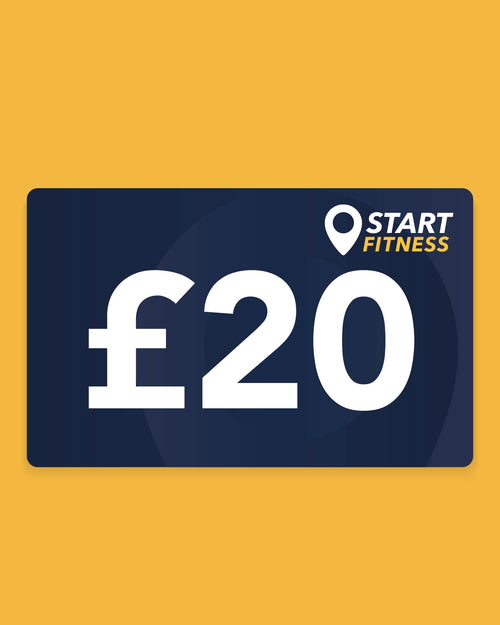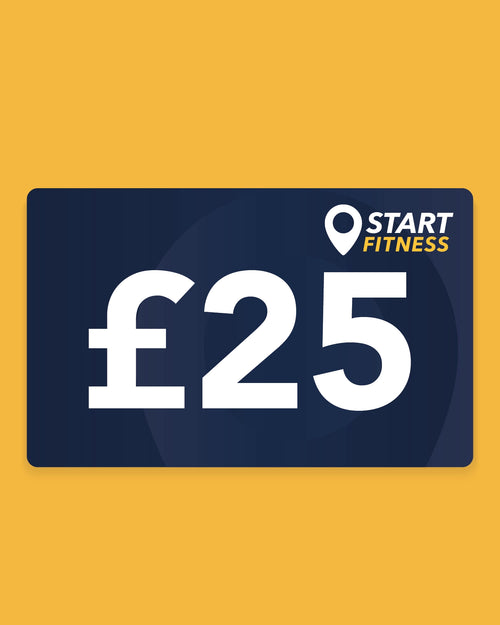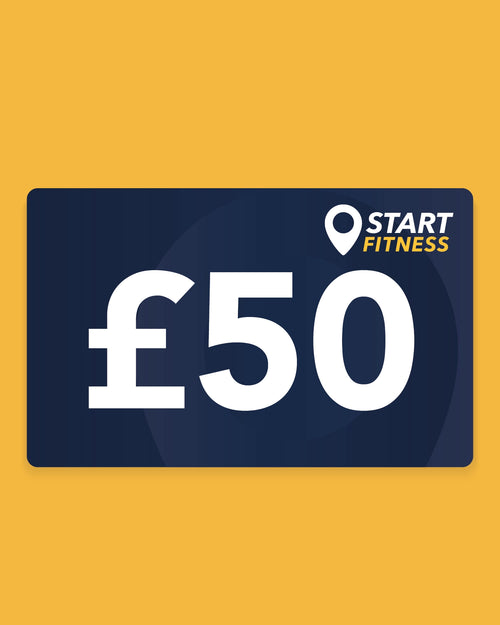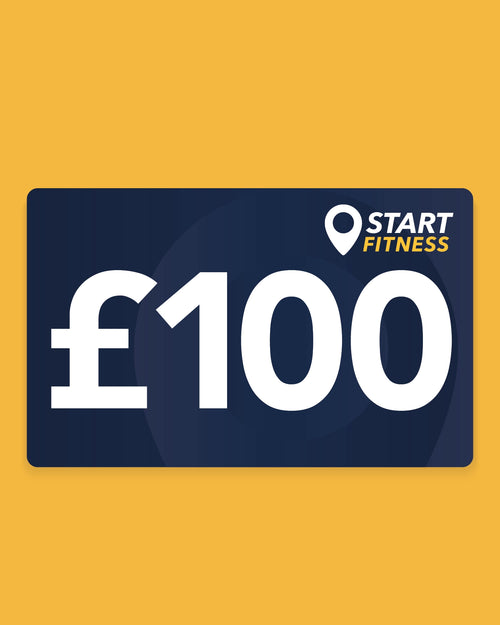Whether you’re taking part in a charity run or you’re looking to improve your overall running performance, tackling your first 10k run can be a rewarding experience. 10km is equivalent to 6.2 miles, making it an ideal distance for those who aren’t ready to take on a half-marathon but have already perfected running 5k distances.
However, the difference between these two lengths is no easy feat and you will need to ensure that you are training correctly in the weeks leading up to your planned 10k. If you’re not sure where to start, our training plan guide will help you create a schedule that works for you, as well as offer helpful hints and tricks to optimise your performance.
How long should I train for before starting a 10k?
We recommend starting your training at least eight weeks before you run your 10k, especially if you are a beginner. This timeframe can be shortened to four weeks if you have more experience or are looking for a greater challenge. Still, it is important to make sure you do not overwork your body as this can result in muscle fatigue or injury. To help you figure out the best training plan for you, we have listed a few basic options below. However, not all 10k runs are equal, for example, if you choose to run on a hilly terrain, this creates an increased level of challenge that you’ll need to incorporate into your training. When looking at these plans, it should be noted that ‘easy-paced runs’ shouldn’t be fast, they shouldn’t push your heart rate beyond what is known as zone 2 (this means that you may only be able to speak one sentence at a time as your breathing will be harder) and long runs should take you into zone 3, known as a ‘tempo run’ which is more intense and would limit your ability to hold a conversation.
8-week 10k run training plan for beginners
This plan is based on completing three runs a week, with at least one rest day between each run.
- Week 1 - Run twice a week for 30 minutes at an easy pace. The third run should be a long run of roughly 2 miles, avoiding walking where possible.
- Week 2 - The same format as week 1 but increasing the long run to three miles.
- Week 3 - Replace your second run with a 20-minute interval run.
- Week 4 - Increase your first 2 runs from 30 minutes to 40 minutes, keeping the long run the same.
- Week 5 - Do 30 minutes of interval running, 40 minutes at an easy pace, and a long run of 50 minutes.
- Week 6 - Do 1x 40-minute easy run, 1x 40-minute interval run, and 1x 4 mile run.
- Week 7 - Do 2x 40-minute easy runs and 1x 5-mile run.
- Week 8 - Do not push yourself too hard if you are racing on your last week. Do 2x 30-minute easy runs and finish with your 10k.
Four-week 10k run training plan for more experienced runners
This plan again requires you to run three times a week, but you will be running for much longer and there will be more challenges. You’ll need to rest in between each run. We do not recommend this plan for beginners and those with lower fitness levels.
- Week 1 - A 3-mile run at an easy pace, a 5-mile run at an easy pace with walking breaks if needed, and a 2-mile run with interval training.
- Week 2 - Repeat week 1, adding 1 extra mile to your interval run.
- Week 3 - A 4-mile run at an easy pace, and a 7-mile run at an easy pace alongside another 3-mile interval run.
- Week 4 - 3 miles at an easy pace, 4 miles of interval training and finish with your 10k
For both of these plans, we’d recommend using a GPS running watch to help you keep pace and cadence, and also maintain a log of your training progress. If you’d like, you can connect this with Strava and join our very own Start Fitness Strava group to help you stay motivated and share your progress.
What is a good time for a 10k run?
The average time for a 10k run when taking into consideration people of all genders and ages is around 49 minutes. However, at a more individual level, times vary quite substantially. Professional athletes may be able to complete a 10k in under 30 minutes, and data by Strava suggests that it would take the average man 55 minutes to complete a 10k, whereas the average woman would take 63 minutes.
What is considered a good time will be dependent on your fitness level, ability, and your own personal goals. However, it seems that aiming to complete 10km in an hour is a reasonable time frame for those who are not professional athletes.
How long will it take me to run a 10k as a beginner?
Depending on your ability, a good time frame for a complete beginner would be between one hour and an hour and a half, with the latter time accounting for walking breaks if needed. Remember that on your first 10k run, the goal is distance and not time. Completing a 10k is a huge achievement, and you can work on your speed should you wish to do it again.
Training the week before your 10k run
As mentioned in both training plans listed above, in your final week of training it’s important not to overwork yourself. You will need to change up your training plan in the final week to avoid injury and muscle fatigue. It is also important that you make sure you eat correctly and get a good quality of sleep in the nights leading up to the race and before training.
What to eat before a 10k run
A balanced diet is always important, but especially so when training. In the weeks leading up to your race try to focus on eating lots of protein and healthy fats to satiate hunger. Before the run, you’ll also want to eat a carbohydrate-based meal such as a small serving of porridge or whole wheat pasta, but be careful not to eat too much as this will be hard for your body to digest. Make sure that you eat lots of fruits and vegetables, and stay well hydrated by drinking water or electrolyte drinks two hours before the race.
If you’re short on time during training or before the race, we’d suggest supplementing your balanced diet with High 5 products to help give you the energy that you need whilst running, they can be taken before and during exercise to ensure you stay hydrated. The gel and sports drinks tablets will help to ensure that you feel replenished and your body has the key electrolytes that it needs.
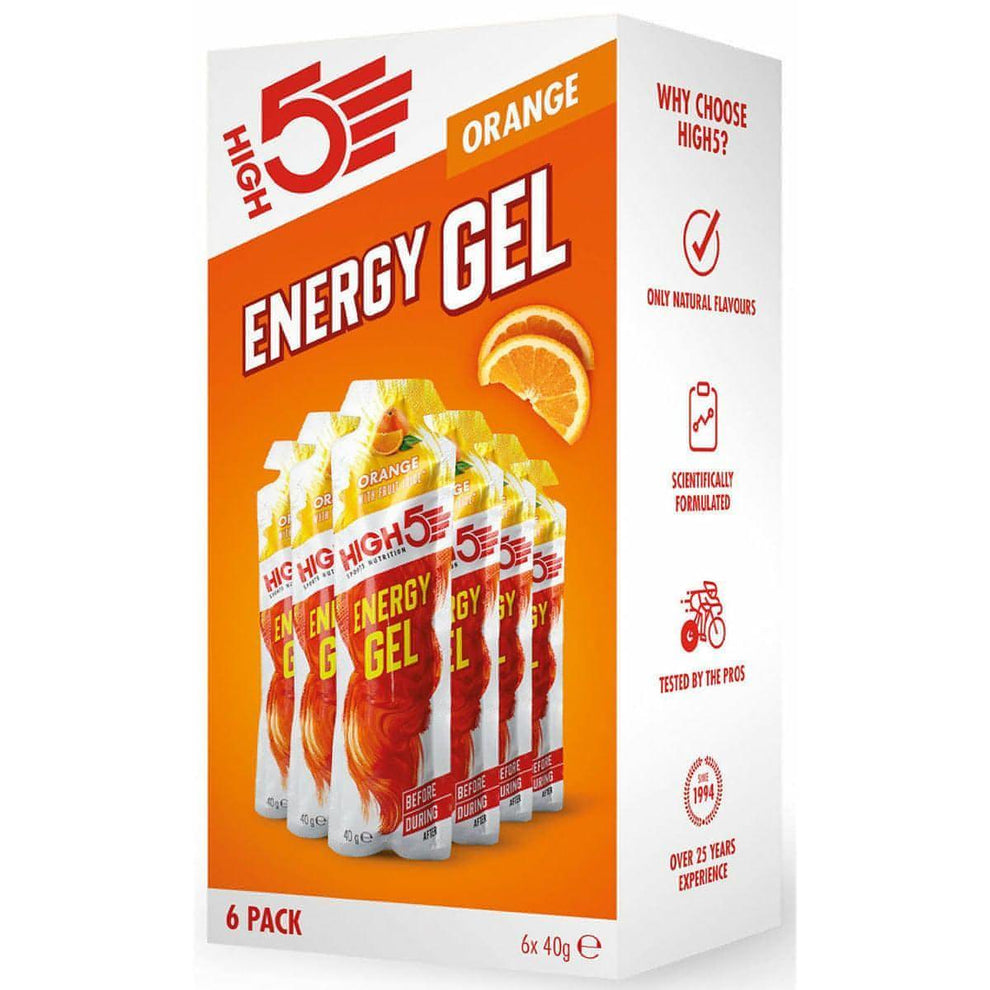 |
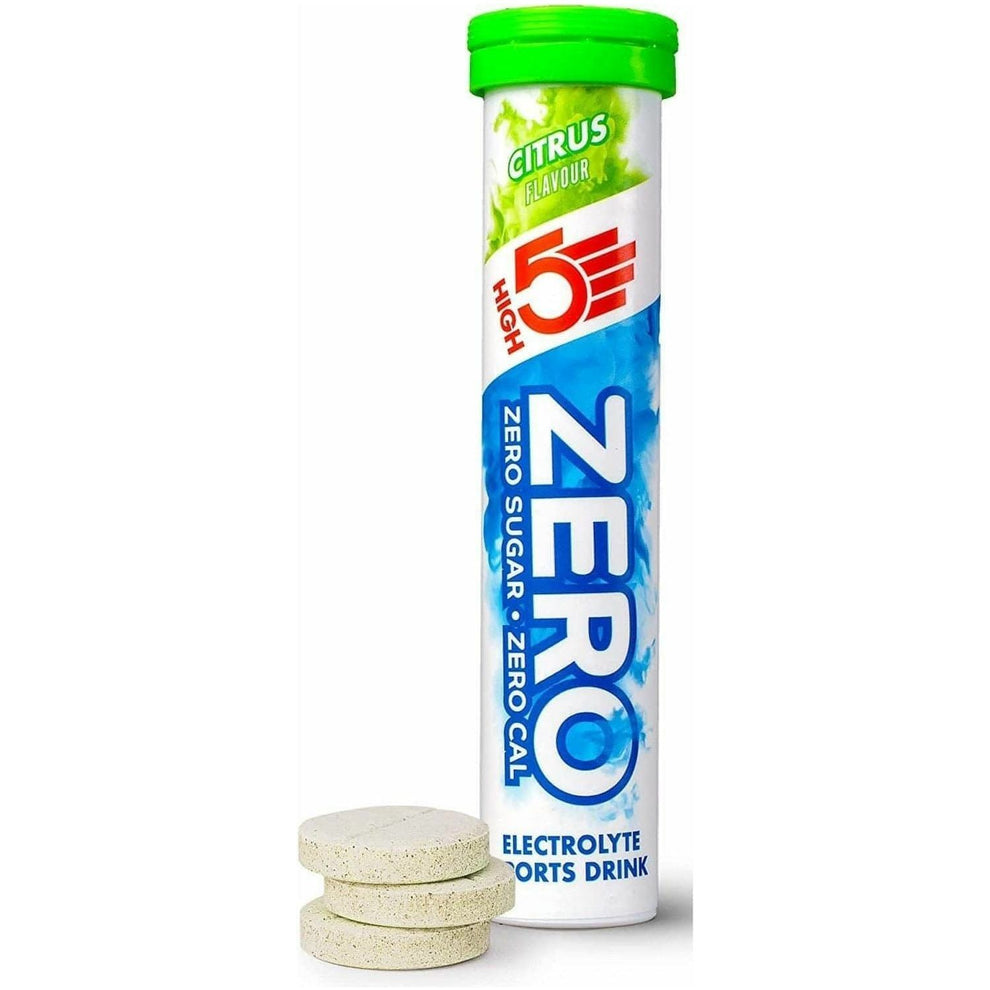 |
| High 5 Energy Gels | High 5 Zero Electrolyte Sports Drink Tablets |
What to wear when running a 10k
The most important piece of equipment you’ll need is a good pair of running shoes. The type of shoe that’s best for you will depend on what you’re trying to achieve. For example, if you would like to improve your overall speed, opting for a shoe like the Saucony Endorphin Speed 4 will be a good choice as it is ideal for daily running, but also for tempo and interval training.
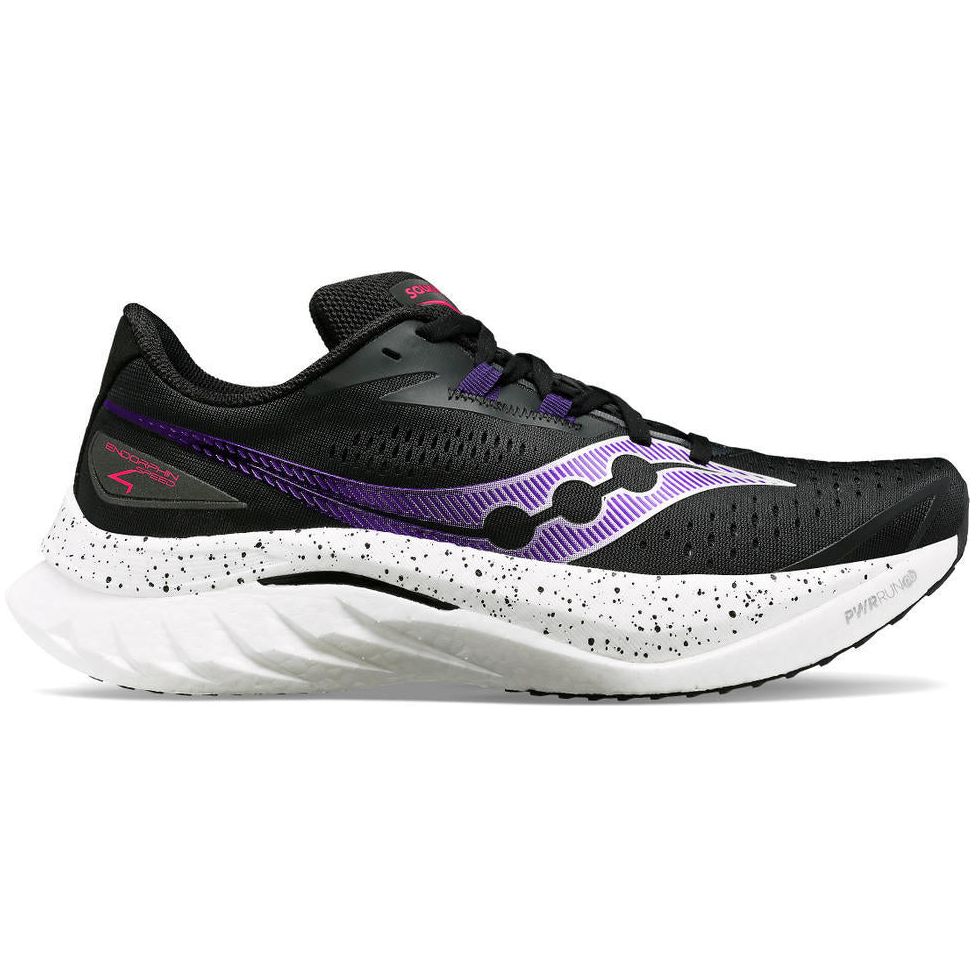 |
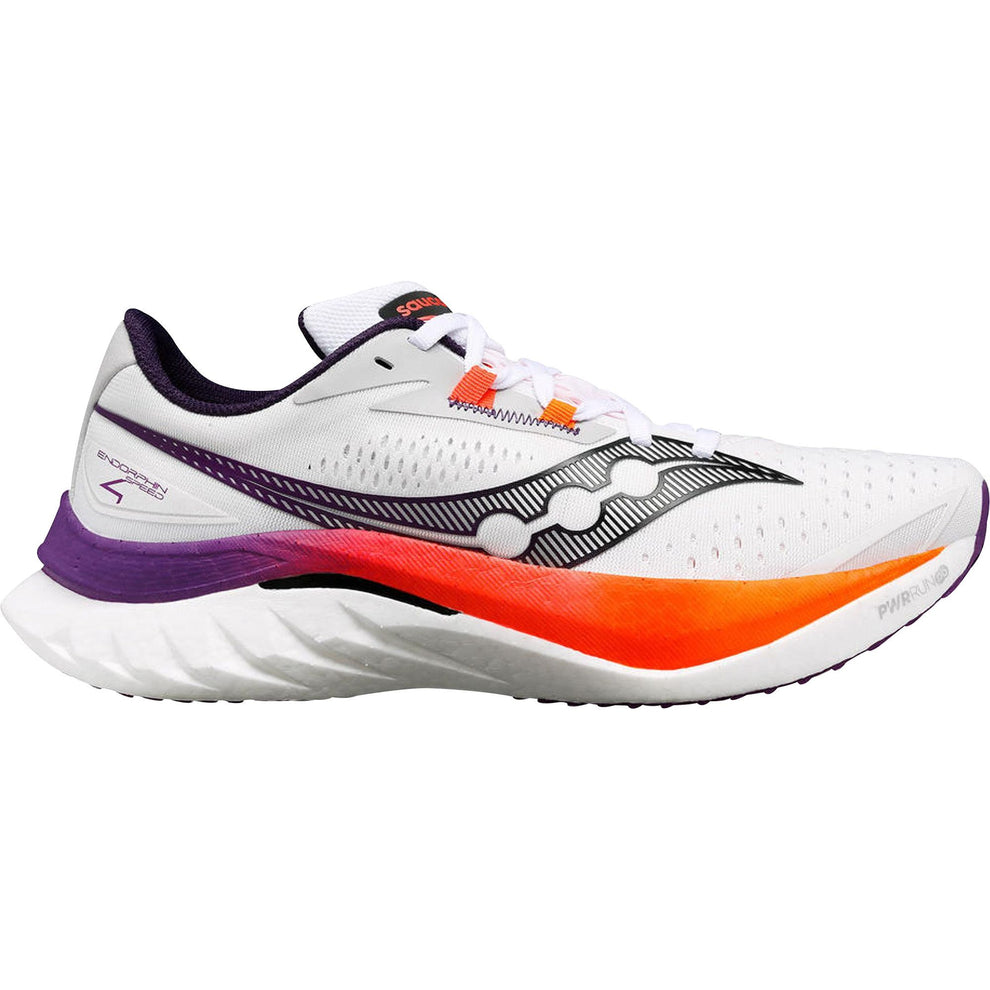 |
| Endorphin Speed 4 Women’s Running Shoes | Endorphin Speed 4 Men’s Running Shoes |
If you’re just starting out running and are looking for something that offers comfort and a smoother experience so that you can concentrate on distance rather than speed, then the Asics Gel Nimbus trainers are a great option. The ASICS®GRIP™ outsole rubber helps create better traction and improve durability whilst the FF BLAST™ PLUS ECO cushioning adds a softer yet lightweight feel. These are ideal for easy-paced runs during your training sessions
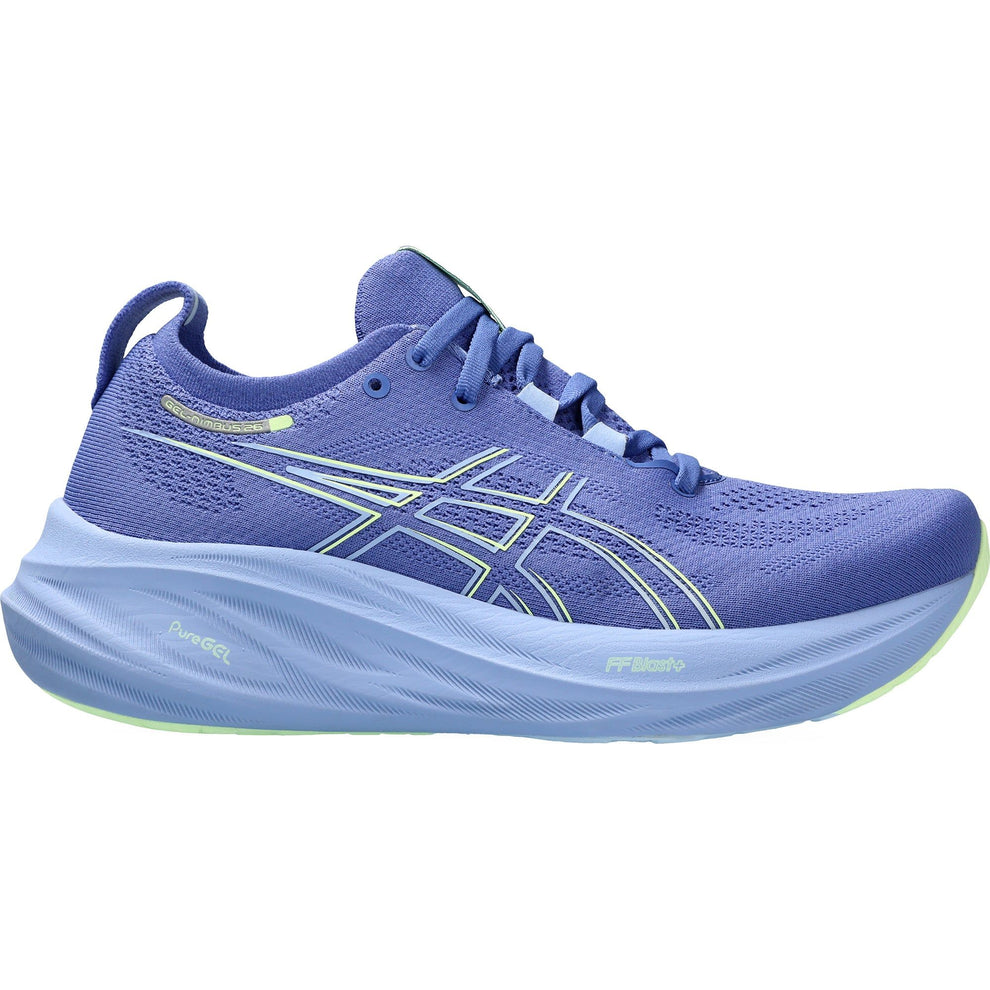 |
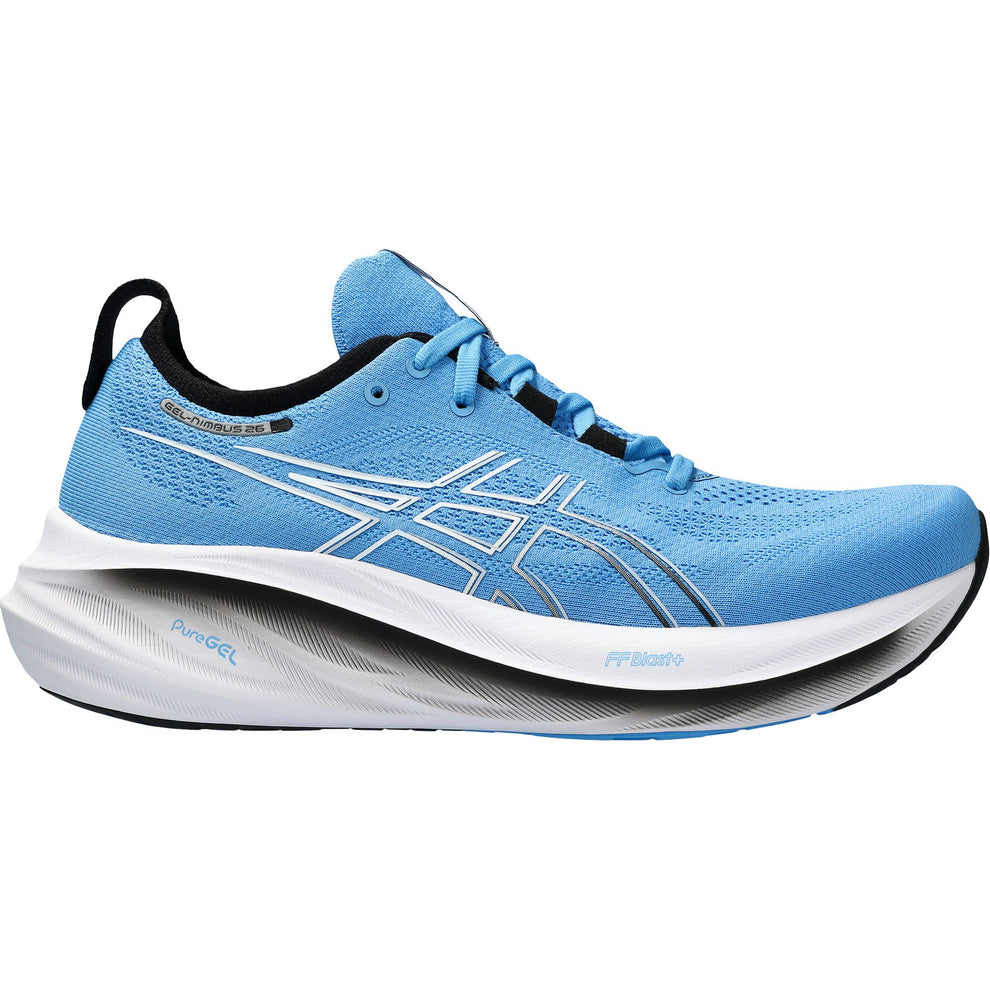 |
| Asics Gel Nimbus 26 Womens Running Shoes | Gel Nimbus 26 Mens Running Shoes |
Lastly, if you want the perfect balance of both comfort and functionality to achieve your goals in both distance and speed, we’d opt for the Adidas Adizero Adios Pro 3 trainer. The ultimate long-distance racing shoe, this carbon-plated pair of trainers is designed to allow runners to optimise their performance in both speed and form.
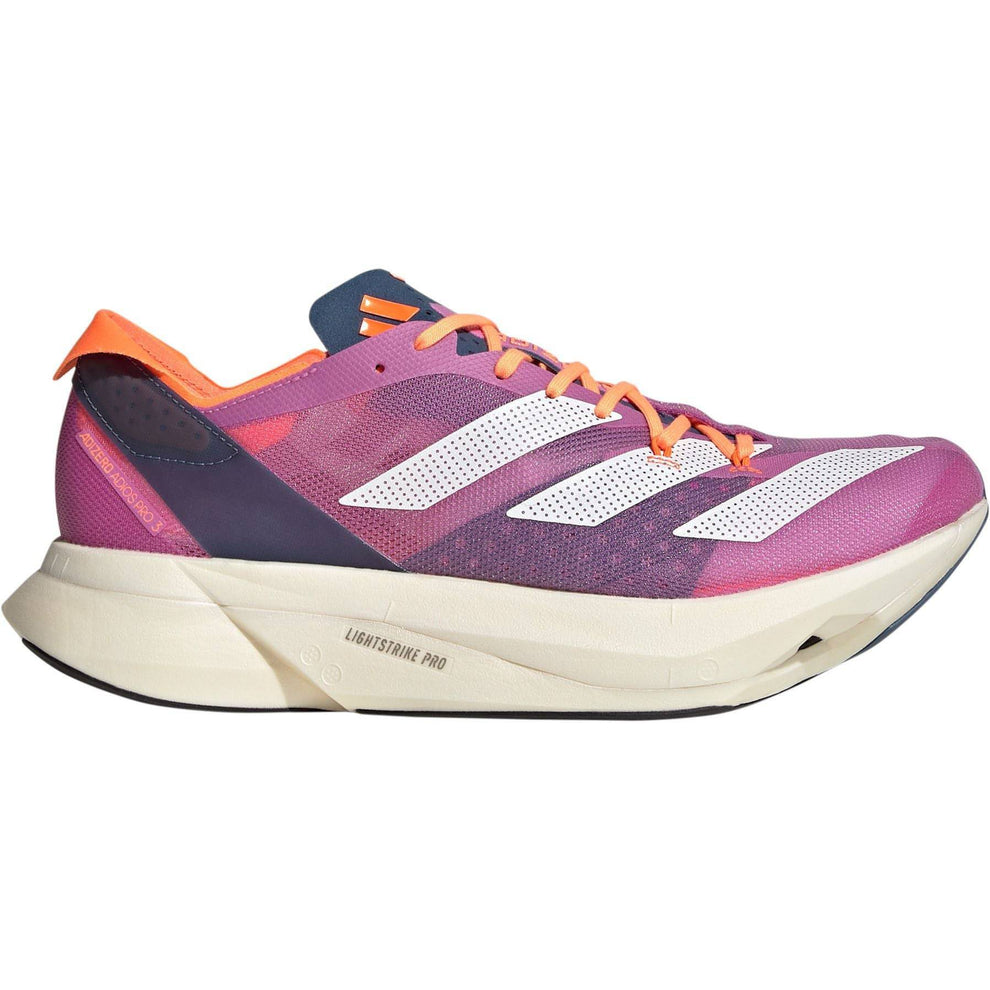 |
| Adizero Adios Pro 3 Running Shoes |
Alongside a decent pair of running trainers, you will also benefit from wearing lightweight running clothing. This will help you to pick up speed and keep you comfortable for the duration of the race. Often overlooked, it’s also important to dress appropriately for the conditions you’ll be running in, if the sun is likely to be shining you should wear a suitable cap and sports sunglasses to keep you from getting sunburned or running with the sun shining in your eyes.
How should I pace on the day of the 10k?
You will want to pace evenly throughout the race, if you start too quickly you’re likely to fatigue near the end and it will be more challenging for you to finish. Try to stick to a sustainable pace, and as you are approaching your last two or three kilometres pick up the pace if you feel able to in order to improve your overall time. If you want to set yourself a target finishing time, you can use a pace calculator to indicate what you’re likely to be able to achieve.
Improve your running technique with Start Fitness
We cater for a wide range of sports and ability levels, offering a selection of specialist equipment such as running shoes to more entry-level everyday sportswear. In addition to this, we strive to provide fitness enthusiasts with all of the information they need to improve their performance. Therefore, if you’re looking for additional running advice, why not head on over to our blog to read our beginner’s guide to running or our marathon training plan guide?
Alternatively, browse through our dedicated running collection to find everything you need, from footwear and clothing to accessories and running watches.


